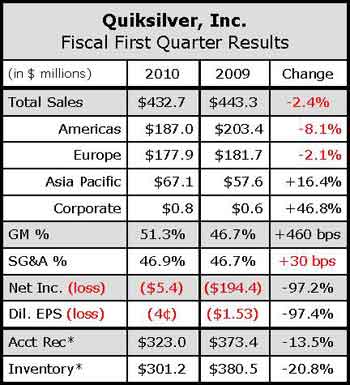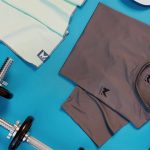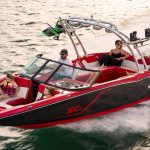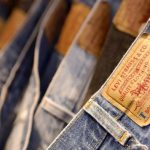Action sports giant Quiksilver, Inc. dramatically cut its losses in its fiscal first quarter ended January 31 despite a 2% decline in sales. The company said losses from continuing operations were $2.5 million, or 2 cents per share, compared to $9.0 million, or 7 cents per share for the first quarter of 2009. Sales dipped 2% to $432.7 million, but that was $20 million higher than the company had forecast just a quarter earlier. Appreciation of foreign currencies-particularly the Australian dollar and euro – accounted for slightly more than half the windfall, while the balance represented earlier than normal shipments of DC branded product.
Heavy snowfall throughout much of the world late in the quarter drove strong sell-through in winter outerwear and related apparel across all its brands, which include Quiksilver, Roxy and DC. Sales of Mervin, Lib Tech and Gnu snowboard and bindings also benefited.
The pro-forma loss excludes a $3.0 million severance charge, primarily in the Americas. Including this charge, the loss from continuing operations was $5.4 million, or 4 cents per share, compared to $65.9 million, or 52 cents, a year ago. Net revenues and the loss from continuing operations for all periods exclude the results of the Rossignol winter sports business, which was sold in November 2008 and is reported as discontinued operations.
Consolidated gross profit margins during the quarter rose 460 basis points to 51.3% of sales, also exceeding estimates. The increase was due both to significantly less clearance activity and a higher mix of sales through Quiksilver-owned stores; 32% vs. 30% a year earlier.
The results exceeded expectations and the company is now positioned to profit from any upturn in consumer spending, said Bob McKnight, Jr., chairman, CEO and president for Quiksilver, Inc.
“After two years of hard work making difficult decisions, forging ahead with the sale of Rossignol and the related changes in senior management, making deep cost cuts, and after globally restructuring our business and our balance sheet, Im proud to say that our efforts are now materially contributing to improved financial results, he said.
We are in a prime position to benefit from future improvements in the world’s economies and in particular in consumer spending.”
Net revenues in the Americas decreased 8% during the quarter to $187.0 million from $203.4 million in the first quarter of fiscal 2009. That reflected lower sales to both wholesale customers and through the companys own stores, which numbered 14 less than a year earlier.
Although both the Quiksilver and Roxy brands were down in the quarter, DC was up year over year. While negative for the quarter, comps at the companys owned-retail stores turned positive in January.
In Europe, net revenues declined 2% in dollar terms to $177.9 million from $181.7 million in the first quarter of fiscal 2009. In constant currency terms, sales were off 12%. Again, growth of DC sales helped offset declines by Quiksilver and Roxy. Unseasonably warm weather in the early part of the season contributed to a comps decline at owned stores in the low double digits.
The steep decline of the dollar against the yen and the Australian dollar distorted results in the Asia/Pacific region, where net revenues increased 16% to $67.1 million in dollar terms from $57.6 million in the first quarter of fiscal 2009. When adjusted to a constant currency basis, net revenues in the region actually declined 15% compared to the prior year.
Consolidated inventories decreased 21% to $301.2 million at Jan. 31, 2010 from $380.5 million at Jan. 31, 2009. Consolidated trade accounts receivables decreased 13% to $323.0 million from $373.4 million at Jan. 31, 2009. McKnight said inventories are in very good shape and the amount of clearance activity has been greatly reduced.
Still, McKnight said market trends are presenting strong headwinds. Ongoing trends in the juniors market toward fast fashion and price-point-driven goods continues to challenge the branded segment of the business for all surf, skate and snow companies, he said.
McKnight said the companys Roxy sportswear business was particularly challenged. For the time being, it just may be that the branded girls surf apparel will remain a difficult market, and we will remain true to the Roxy brand heritage as we ride it out, he said.
In the DC business, demand for mens vulcanized shoes is strong with several casual styles out performing expectations. Sell through has been strong for DCs TeamWorks collection which features a line of integrated footwear and apparel backed by skate and board athletes.
Based on current trends, second quarter revenues are expected to be down in the high single-digits on a percentage basis compared to the same quarter a year ago.















